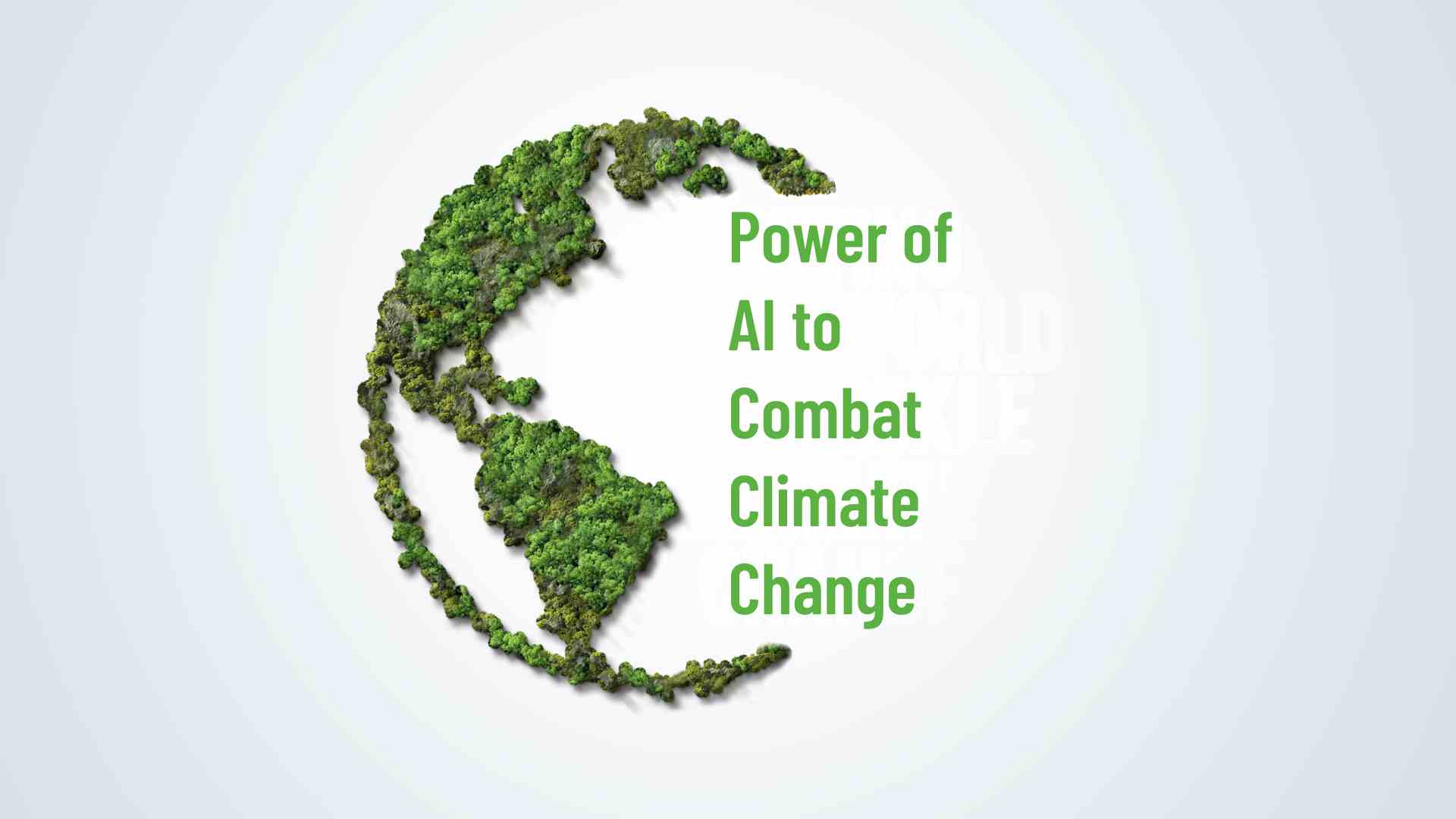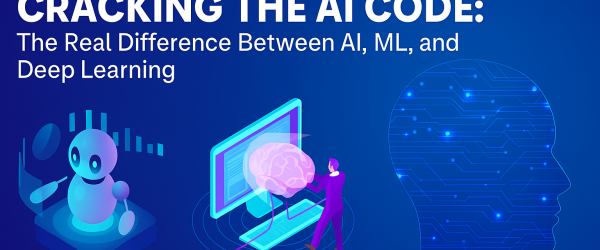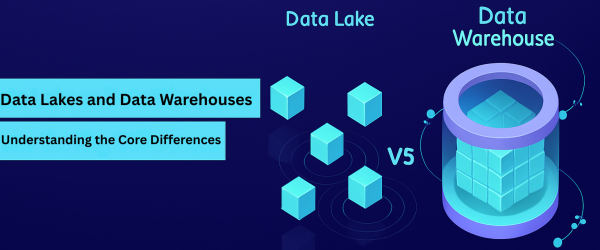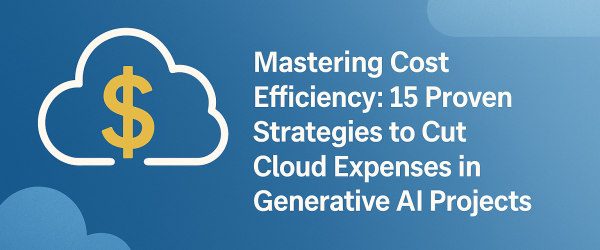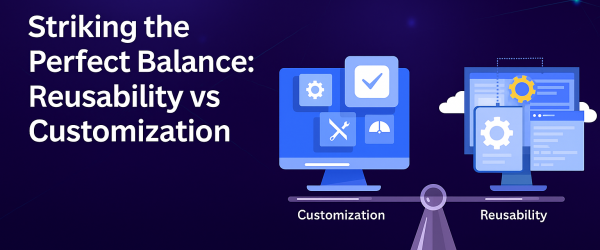Introduction
As the world grapples with the escalating challenges posed by climate change, businesses are increasingly recognizing the importance of integrating sustainable practices into their operations. we delve into the pivotal role of artificial intelligence (AI) in mitigating the impacts of climate change. we explores why businesses should prioritize climate action and the diverse applications of AI in addressing this global crisis.
Why Should Your Business Care About Climate Change?
1 The Urgency of Climate Action Climate change poses unprecedented threats to our planet, affecting ecosystems, economies, and communities worldwide. From extreme weather events to rising sea levels, the consequences of inaction are dire. Businesses, as significant contributors to greenhouse gas emissions, have a moral imperative to take proactive measures to reduce their environmental footprint.
2 Regulatory Compliance and Reputation Management Governments worldwide are implementing stringent regulations to curb carbon emissions and promote sustainability. Failure to comply with these mandates can result in hefty fines and reputational damage. By embracing sustainable practices, businesses can enhance their brand image, attract eco-conscious consumers, and foster goodwill within their communities.
3 Economic Opportunities Investing in climate solutions not only mitigates risks but also unlocks lucrative business opportunities. The transition to renewable energy, energy-efficient technologies, and sustainable practices presents avenues for innovation and growth. Forward-thinking businesses can capitalize on this shift towards sustainability by developing cutting-edge solutions and gaining a competitive edge in the market.
4 Supply Chain Resilience Climate-related disruptions, such as extreme weather events and resource scarcity, can significantly impact supply chains, leading to production delays and increased costs. By adopting sustainable procurement practices and diversifying supply chains, businesses can enhance resilience and adaptability, ensuring continuity in operations amidst environmental uncertainties.
The Applications of Artificial Intelligence in Climate Change
To potentially prevent or lessen a serious situation, we need to quickly shift our focus from immediate crisis response to planning for the long term.
AI-based solutions for climate change are ideal for this task because they can gather, organize, and analyze vast amounts of complex data related to climate effects and emissions.
This capability can help decision-makers take well-informed, data-driven actions to tackle carbon emissions and move towards a more environmentally friendly society.
1 Climate Modeling AI-driven climate models utilize vast datasets and computational power to simulate complex climate systems accurately. These models enable scientists to forecast future climate scenarios, assess risks, and formulate evidence-based mitigation strategies. By providing actionable insights, AI empowers policymakers and stakeholders to make informed decisions and develop robust climate policies.
2 Energy Efficiency AI algorithms optimize energy consumption by analyzing patterns and identifying inefficiencies in buildings, manufacturing processes, and transportation systems. Through predictive maintenance and smart grid management, businesses can minimize energy wastage, reduce operational costs, and lower carbon emissions, contributing to a more sustainable energy landscape.
3 Carbon Capture AI-powered carbon capture technologies capture and store CO2 emissions from industrial facilities and power plants, mitigating the impact of greenhouse gases on the atmosphere.
By optimizing carbon capture processes and enhancing storage capacity, these innovations facilitate the transition to a low-carbon economy and support climate mitigation efforts on a global scale.
4 Disaster Forecast AI algorithms analyze vast amounts of meteorological data and satellite imagery to predict natural disasters such as hurricanes, floods, and wildfires with greater accuracy and lead time.
Early warning systems enable authorities to implement timely evacuation plans, allocate resources effectively, and minimize the loss of life and property damage, enhancing community resilience to climate-related hazards.
5 Ecosystem Tracking AI-powered monitoring systems track changes in ecosystems, biodiversity, and land use, providing valuable insights into the impact of climate change on natural habitats. By monitoring deforestation, species extinction, and habitat degradation, businesses can support conservation efforts, mitigate environmental risks, and safeguard biodiversity for future generations.
6 Fast Fashion AI technologies enable sustainable practices in the fashion industry by optimizing supply chains, reducing waste, and promoting circular economy principles. From design optimization and material sourcing to inventory management and customer engagement, AI-driven solutions empower fashion brands to minimize their environmental footprint and promote ethical and sustainable fashion practices.
7 Agriculture Optimization AI-powered precision agriculture tools enhance productivity, optimize resource allocation, and minimize environmental impact in farming practices. By analyzing data on soil health, weather patterns, and crop growth, farmers can make informed decisions to improve yields, reduce water usage, and minimize chemical inputs, fostering sustainable agricultural practices and food security.
8 Methane Detection AI-based methane detection technologies enable efficient monitoring and mitigation of methane emissions from sources such as oil and gas operations, landfills, and livestock farming.
By identifying leaks and sources of methane emissions in real-time, businesses can implement targeted interventions to reduce greenhouse gas emissions and mitigate climate change.
9 Green Tech Mining AI-driven innovations in mining optimize resource extraction processes, minimize environmental impact, and promote sustainable mining practices. From exploration and resource mapping to waste management and rehabilitation, AI technologies enhance efficiency, reduce energy consumption, and mitigate environmental risks associated with mining operations.
Conclusion
The integration of artificial intelligence (AI) into climate change mitigation efforts presents unprecedented opportunities for businesses to address environmental challenges, foster sustainability, and drive positive societal impact. By leveraging AI technologies across diverse sectors, businesses can innovate, adapt, and contribute to a more resilient and sustainable future for generations to come.
FAQs:
- How can AI technologies support sustainable agriculture practices?
- What are the key benefits of implementing AI-driven disaster forecasting systems?
- How can businesses leverage AI to promote sustainable practices in the fashion industry?
Thank you for reading. For continued insights and in-depth discussions, please follow our blogs at Ezeiatech.

